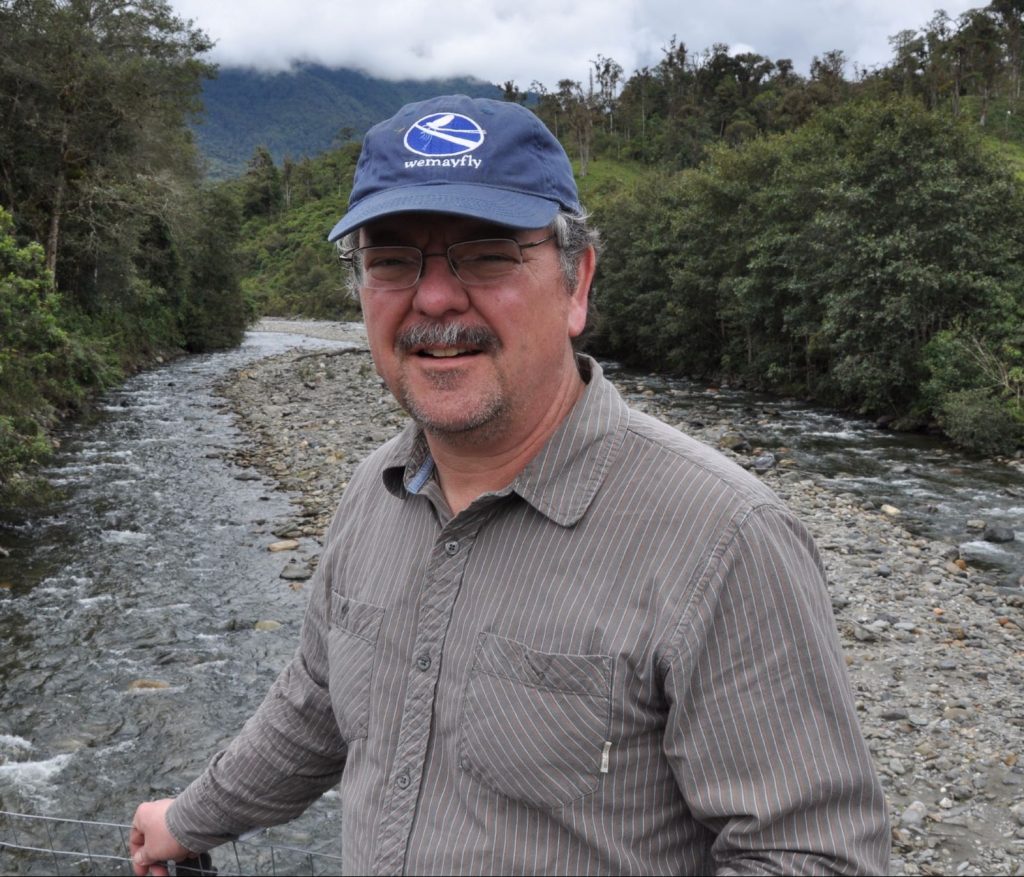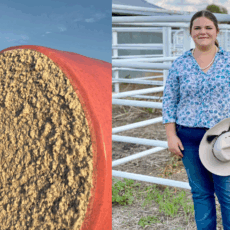As Murray-Darling Basin Authority’s (MBDA) annual River Reflections conference converges at the Narrabri Crossing Theatre next week, renowned river ecologist Professor LeRoy Poff Ph.D. of Colorado State University and the University of Canberra will travel from Phoenix, Arizona to deliver the anticipated keynote address.
Bringing an international perspective and drawing comparisons from his experience with the Colorado Basin, the professor will discuss the ever-growing threat of climate change and its resulting impact on the Murray-Darling Basin management plans.
Ahead of the conference, Prof. Poff shared his own reflections on some of the community hot topics around the Basin that supports more than 2.3 million Australians with water.
“I’m looking forward to the discussions around a model for how system-scale water resources management across the whole MDB can be equitable and resilient, through some kind of shared vision among stakeholders,” said Prof. Poff.
Overall, he pointed to the balancing of water needs as the major issue that framed the MBDA conference’s intentions this year.
“Balancing the water needs of multiple sectors in a changing climate – agricultural, social, cultural, agricultural AND environmental,” said Prof.Poff.
“The battle for balancing societal water needs and ecosystems will require a shared vision to sustain all sectors of the system among stakeholders and a well-integrated federal-state-local governance framework.
“The Murray-Darling Basin is managed much more collaboratively by a coordinated federal-state-local governance structure than is the Colorado River Basin, whose dysfunction reflects the lack of coordinated governance.”
Good water quality is vital to ensure the Murray–Darling Basin’s water is suitable for drinking, agriculture, recreation, and the environment, and quality water powers $22 billion of primary production across the Basin every year. Water management and land-use practices, as well as natural processes, affect water quality in this large and complex river system.
Prof. Poff points to sharing of water among end-users: farmers, local governments and communities, First Nations people, and the environment in the face of climate change as a complex challenge.
“Climate change will make decisions even more difficult. Planning for the near future water allocations based on the immediate vulnerability of key subsystems (e.g., agriculture, ecological health) will be urgently needed,” he said.
“In the Colorado River Basin, water resources are highly contested and there is little scope for flexibility to achieve more equitable allocations, especially regarding Native Americans and the environment.
“We also have the challenge of how to plan effectively for a warmer and hydrologically more variable climate.”
‘Water for the environment’ is used to improve the health of our rivers, wetlands, and floodplains in the MDB, which is allocated to federal and state environmental water holders across the Basin, who make decisions about controlled water release for the environment, with measurable environmental outcomes in mind.
On the contentious issue of whether returning a surplus of water back to the river system would help environmental expectations, the professor’s response was simply, “In general, yes, but more attention needs to be paid to how much water is needed to prevent ‘collapse’ of key environmental amenities, and then manage overall water allocations with that in mind.”
As agriculture, industries, and communities have grown over time, water use and pressure on the Basin has increased dramatically.
Now as 50% of natural flows are removed from the river in some locations, the management of sustainable water systems aims to restore river health by delivering planned flows to where nature needs it, something that would have naturally occurred before development.
When asked what a sustainable, achievable result for the MDB looks like in his eyes while sustaining a reasonable economy, the professor responded, “The year-to-year variation in basin runoff will require a rotating sharing of water to agriculture, social, indigenous cultural, ecological systems.
“When it comes to the community, it seems to me (and many others) that a ‘systems approach’ that identifies all key ‘sectors’ and their vulnerability through time should be used in a ‘trade-off analysis’ of how to distribute/allocate water through time as conditions vary. For example, the environmental sub-system can adapt to a range of inputs that vary across years but if these inputs become too extreme then they will fail, and resilience will be lost as they transform to more terrestrial structures.”
According to Professor Poff, important considerations for sustainable water management systems includes managing the resilience of agricultural and environmental sub-systems under variable water supply, and the willingness of stakeholders to share sacrifices in the face of this change.
From farmers to fishers, tourists to townspeople, healthy rivers keep us fed with high-quality produce, provide recreational and nature-based activities, and promote vibrant rural communities and businesses. They also sustain unique plants, animals, and iconic landscapes that are an essential part of the river ecosystem.
To deliver this perspective, 30 national and local speakers will participate in River Reflections to give their unique insight into the challenges and innovations facing the river and ecosystem health that is crucial to support a healthy working basin for the benefit of all Australians.
Diverse communities will come together to build knowledge, listen, and learn from one another while keeping in mind that the health of the Murray-Darling Basin is paramount.
To order photos from this page click here









